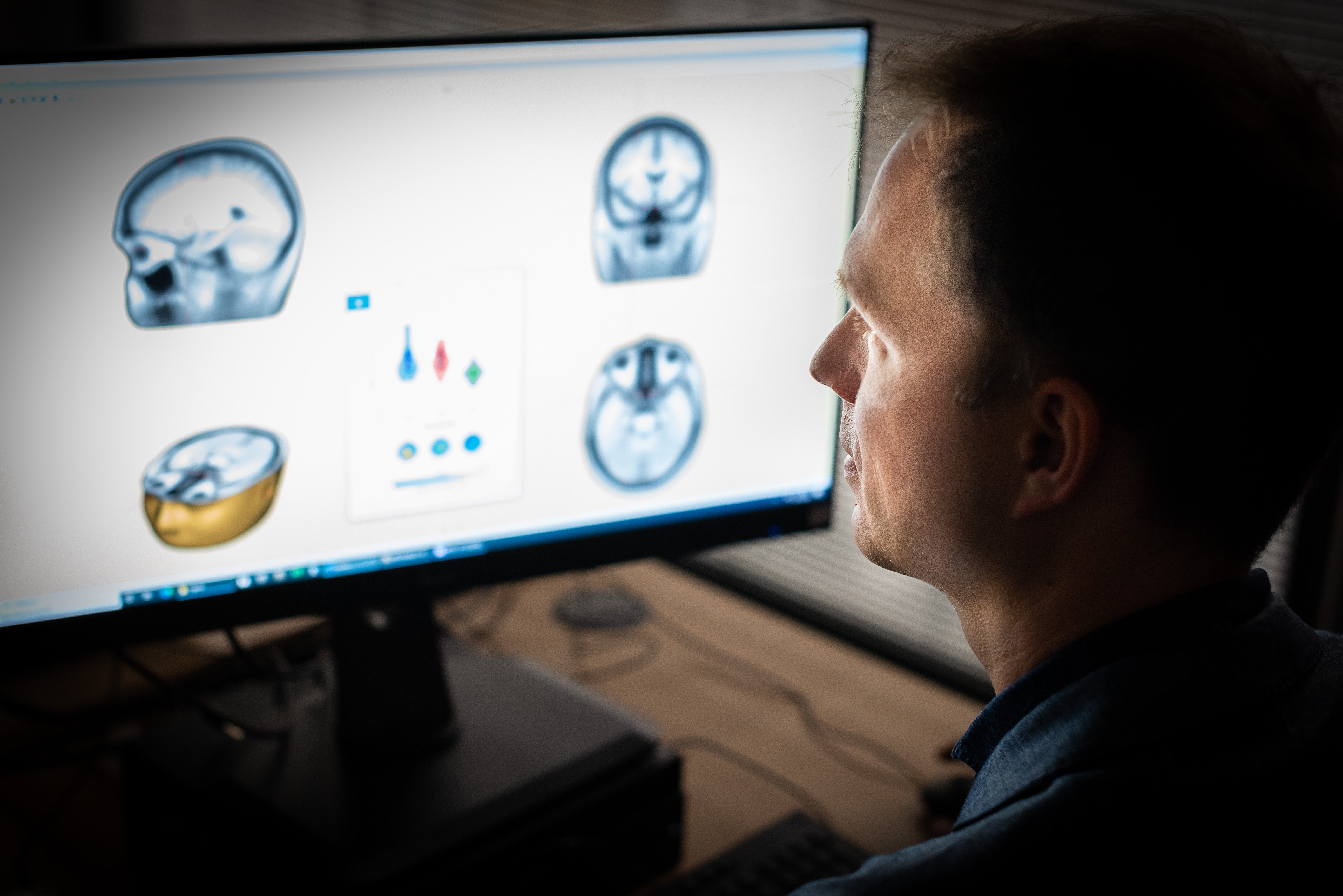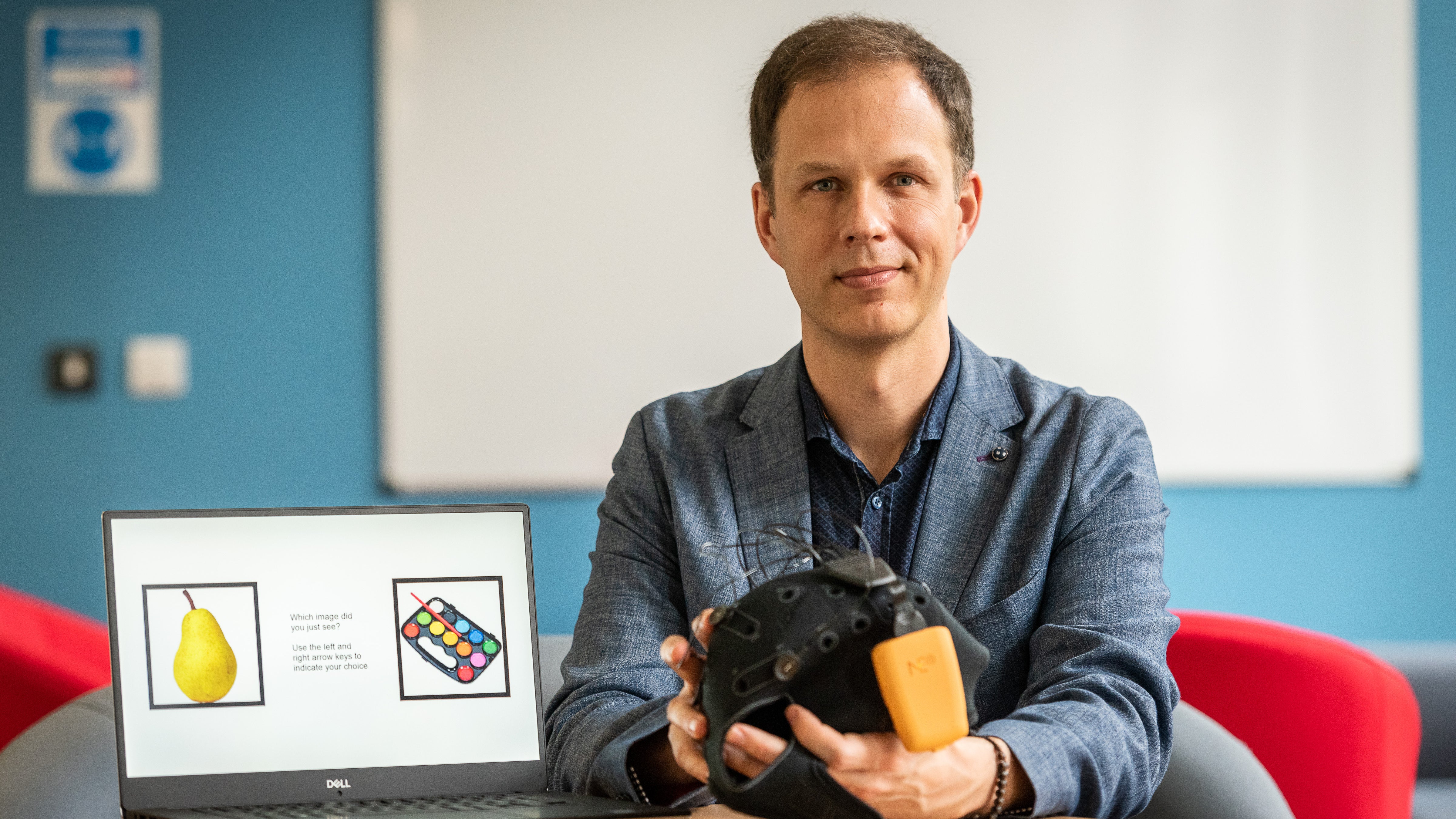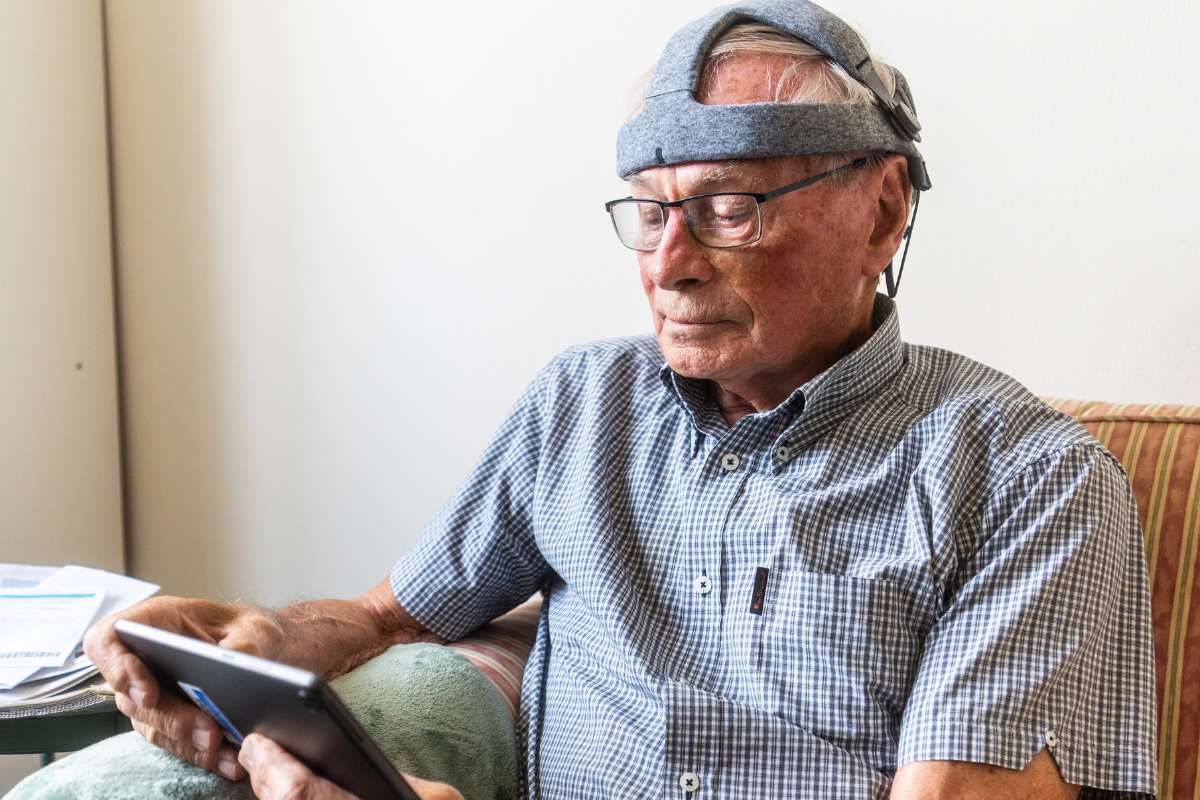A new three-minute “brainwave” test could detect Alzheimer’s years before diagnosis, according to a new study.
Researchers at the University of Bath said current diagnostic tools are “missing the first 10 to 20 years of Alzheimer’s”, but believe a new “Fastball” test could transform the way the disease is detected.
The 180-second “passive” test, that records electrical activity in the brain while participants view a stream of images, has been found to reliably identify memory problems in people with Mild Cognitive Impairment (MCI) – a condition that can lead to Alzheimer’s.
For the first time, researchers have shown the test can take place in patients’ homes as well as GP surgeries and memory clinics, which researchers say could be the key to addressing an “urgent” need for lower-cost and more accessible screening.

They added that the breakthrough of new Alzheimer’s “miracle” drugs donanemab and lecanemab means early diagnosis is “more important than ever before”.
Donanemab and lecanemab are targeted antibody drugs that slow down the early stages of Alzheimer’s by binding to amyloid, which is a protein which builds up in the brains of people living with Alzheimer’s disease. The drugs, which are not currently available on the NHS, are proven to be the most effective in the early stages of Alzheimer’s.
Researchers described Fastball as a passive EEG (electroencephalogram) test, which uses sensors placed on the scalp to monitor the brain’s automatic responses to images without asking participants to follow instructions or recall information. They said this makes the test more accessible and objective than traditional memory tests.
As well as the Fastball test, patients on the trial also completed a number of neuropsychological assessments of memory, sustained attention and general cognitive function.
Researchers found that those with amnestic MCI – when the main symptom is significant memory loss, such as forgetting appointments and recent conversations – showed significantly reduced responses to the Fastball test compared to healthy patients and those with non-amnestic MCI.
Researchers re-tested the group after one year and found Fastball “showed moderate to good test-retest reliability” in healthy older adults.

The study was led by Dr George Stothart, a cognitive neuroscientist in the department of psychology at the University of Bath. He said: “There’s an urgent need for accurate, practical tools to diagnose Alzheimer’s at scale. Fastball is cheap, portable, and works in real-world settings.”
It was funded by the Academy of Medical Sciences and supported by dementia research charity BRACE. CEO Chris Williams called Fastball an “incredible tool” and said he was looking forward to seeing what the team could develop in the future.
“Fastball is an incredible tool that could offer anyone who, for whatever reason, cannot access a dementia diagnosis in a clinical setting,” he said. “BRACE has been supporting the development of Fastball for several years, and we are excited to see what Dr Stothart’s team will achieve over the next few years with ongoing support from the charity.”
The Alzheimer’s Society estimates there are around 982,000 people with dementia in the UK, but more than a third do not have a diagnosis. The number is expected to rise to 1.4 million by 2040.




